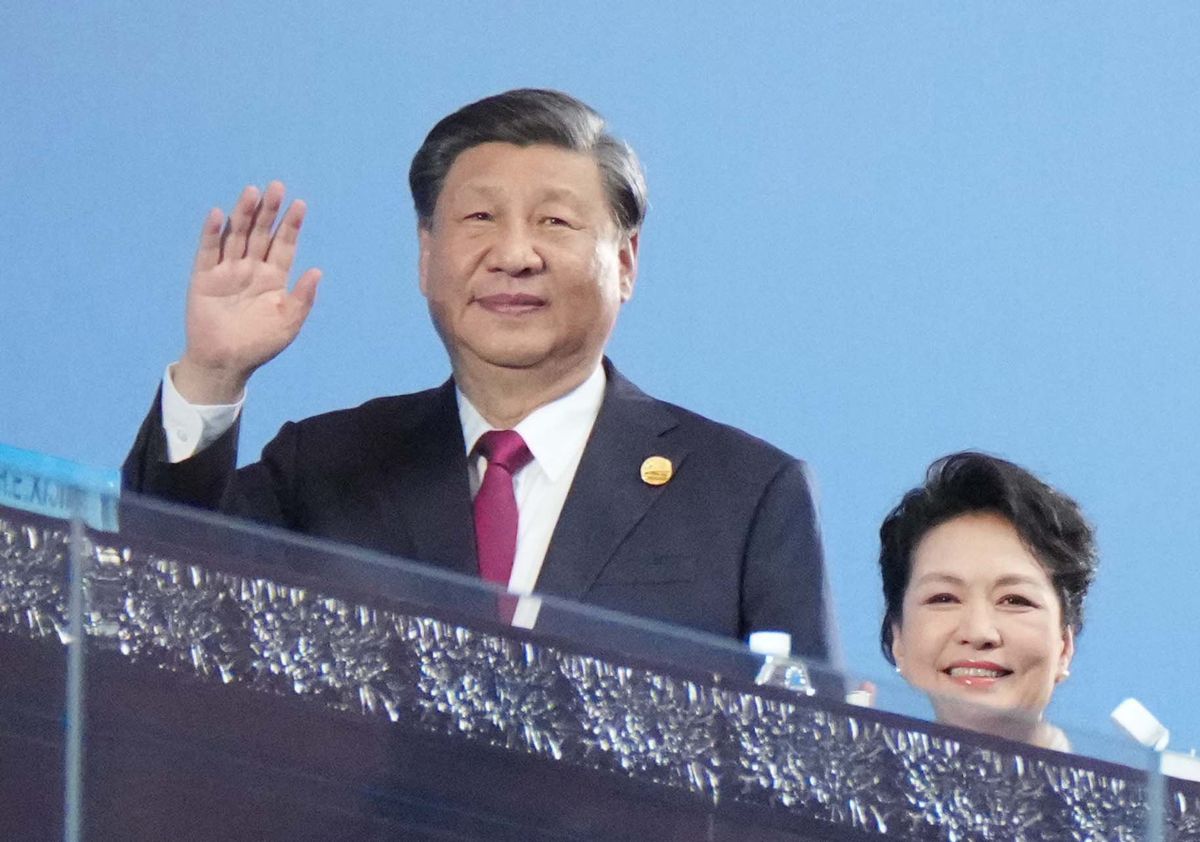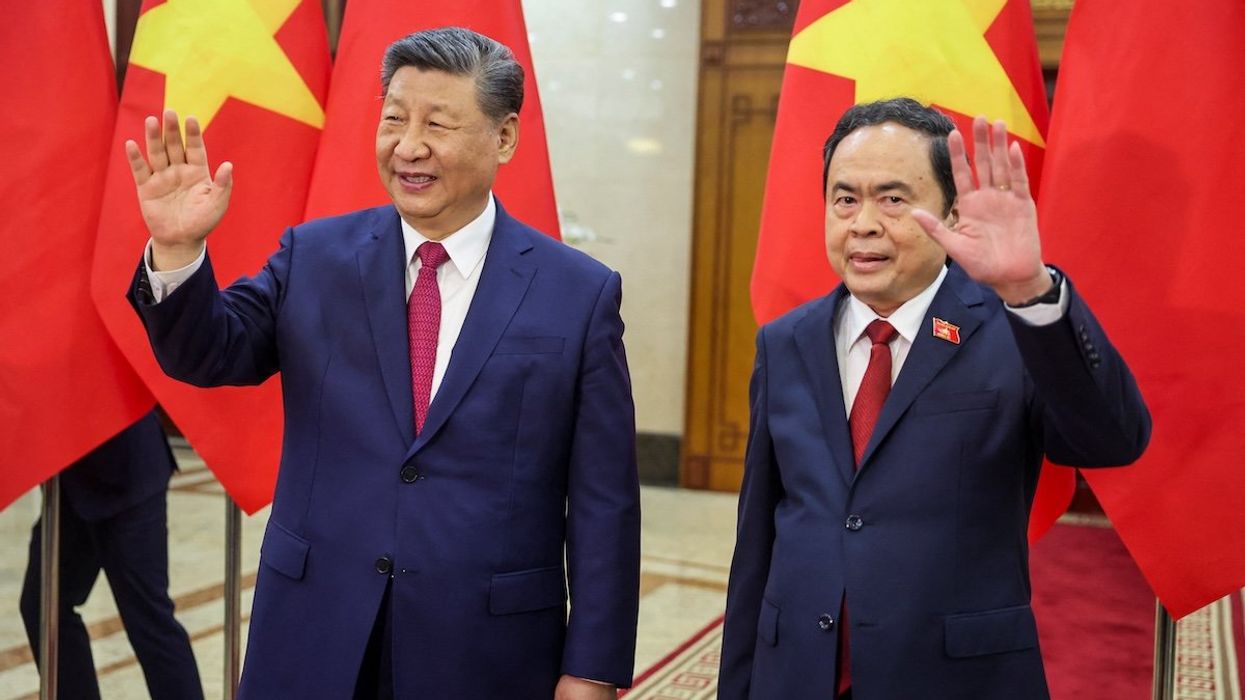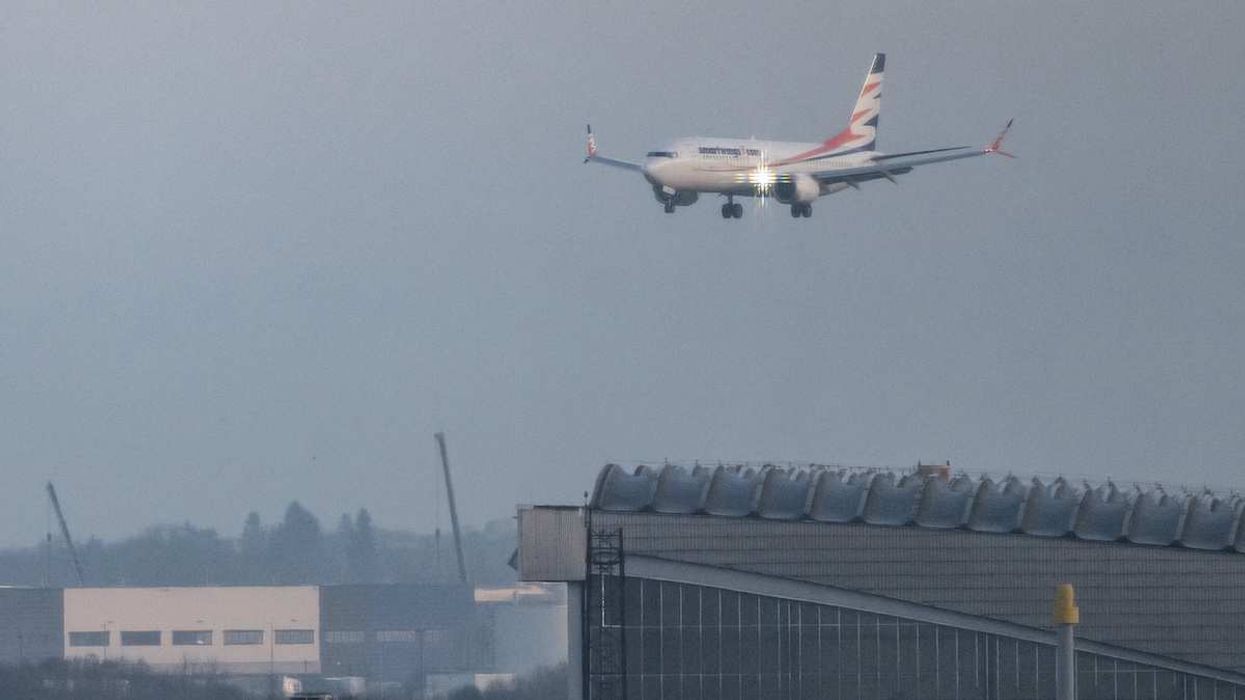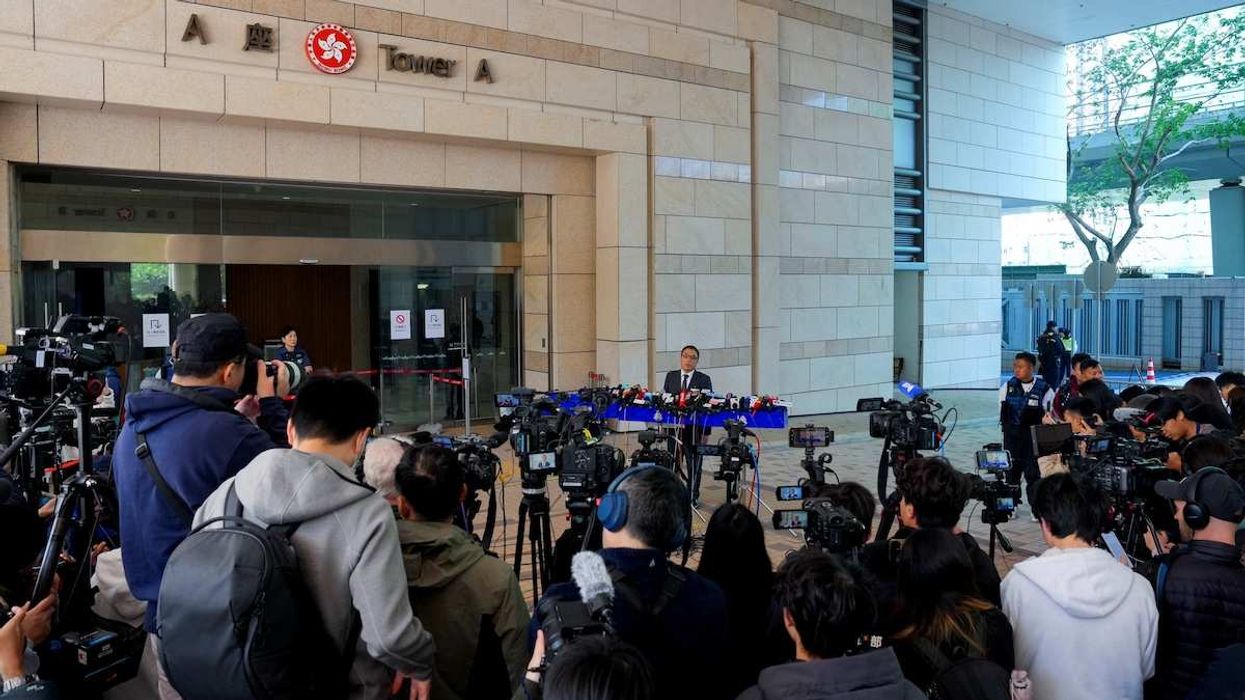If the conversation is free-flowing – or as close to that as the party leadership gets – they’ll have plenty to talk about. China’s post-COVID economy is still stumbling. Its relations with Russia, Europe, and the United States have only become more complicated since last year’s meeting. (Xi is dispatching a special envoy to this weekend’s Ukraine war summit in Saudi Arabia.) A rumored scandal appears to have forced Xi to fire his handpicked foreign minister. He also recently replaced the leaders of the military’s nuclear missile force, a rare and unexplained move. And a typhoon, which created China’s heaviest rainfall in 140 years, has created a flood emergency across much of the country’s north. Tens of thousands near Beidaihe have been evacuated, but the resort itself appears unaffected.
But when discussing these recent events and problems, will President Xi welcome a free exchange of views? This is a leader who has amassed power on a scale China hasn’t seen in half a century. Publicly, any reported news from Beidaihe will be limited to assurances of confidence and unity from the top of China’s pyramid. Any private differences of opinion are almost certain to remain a secret.



















